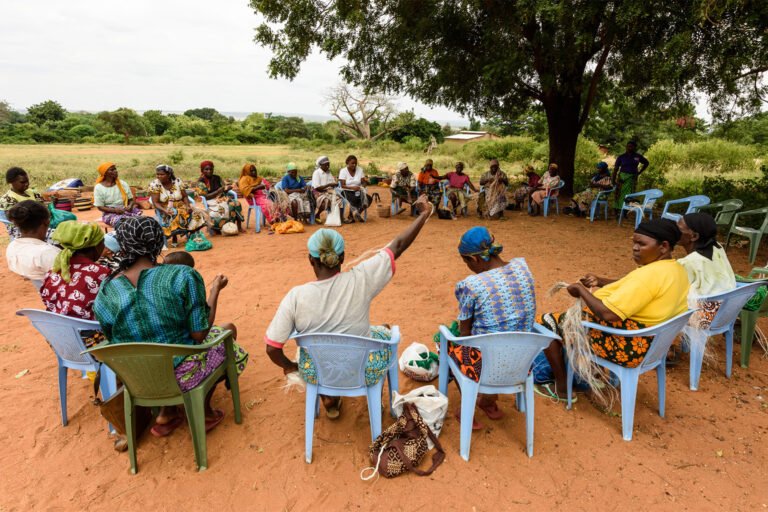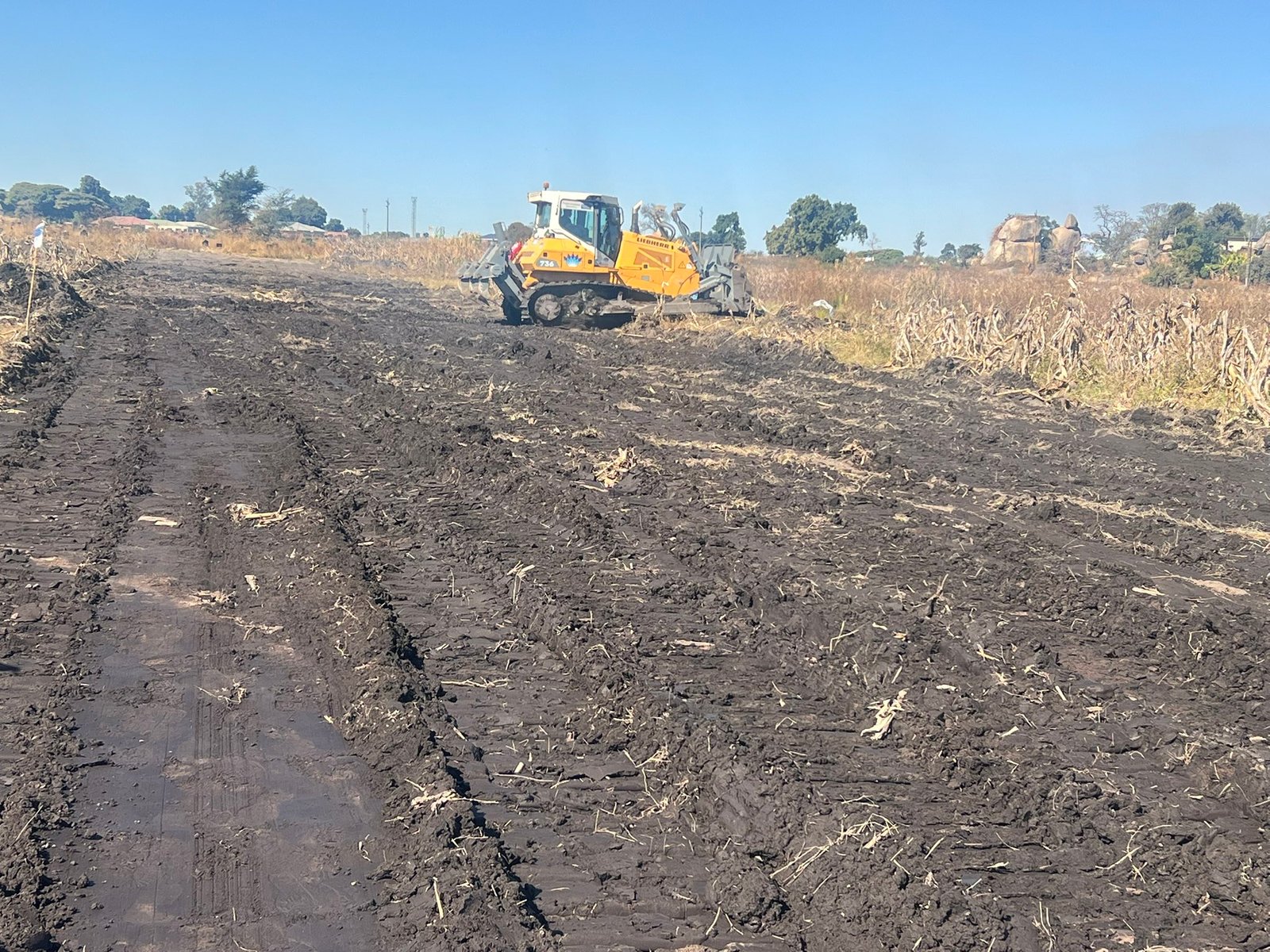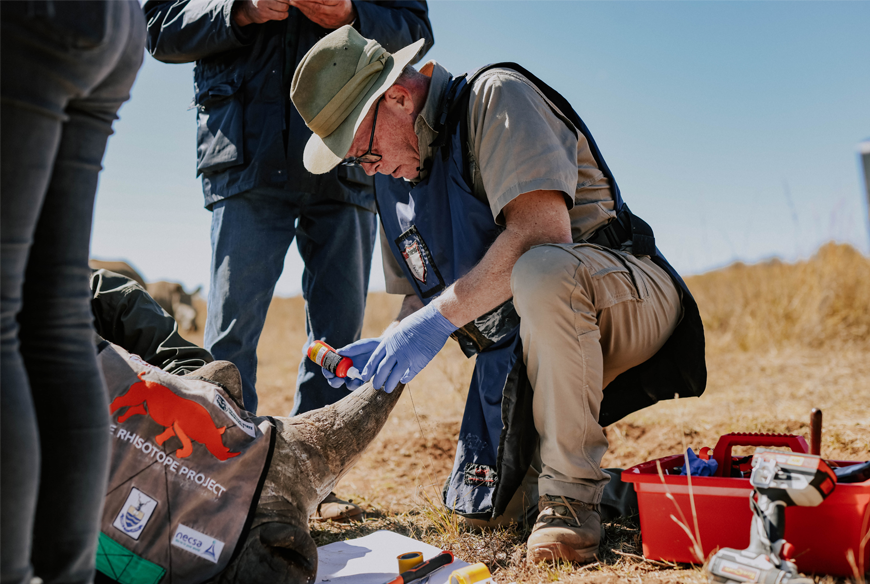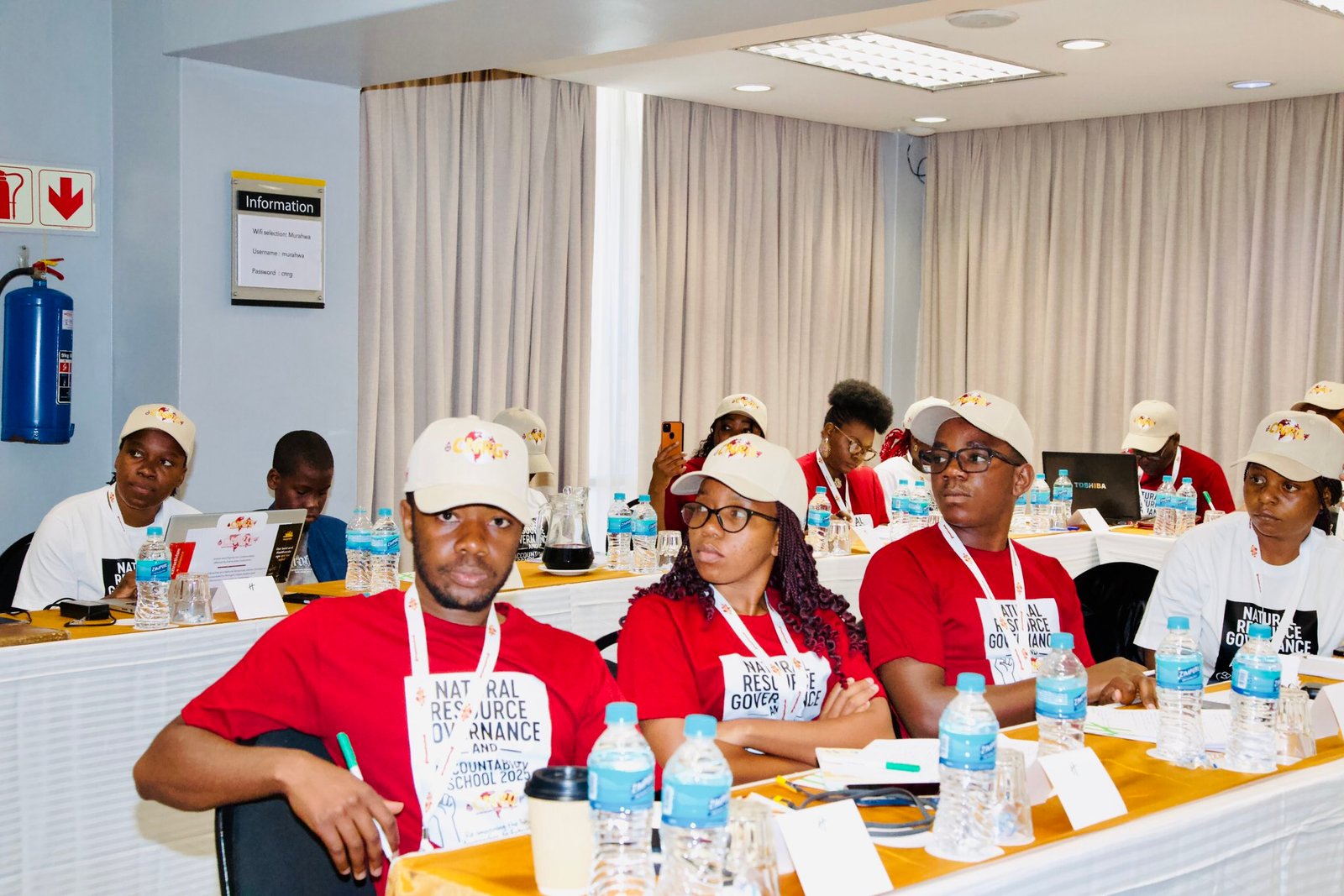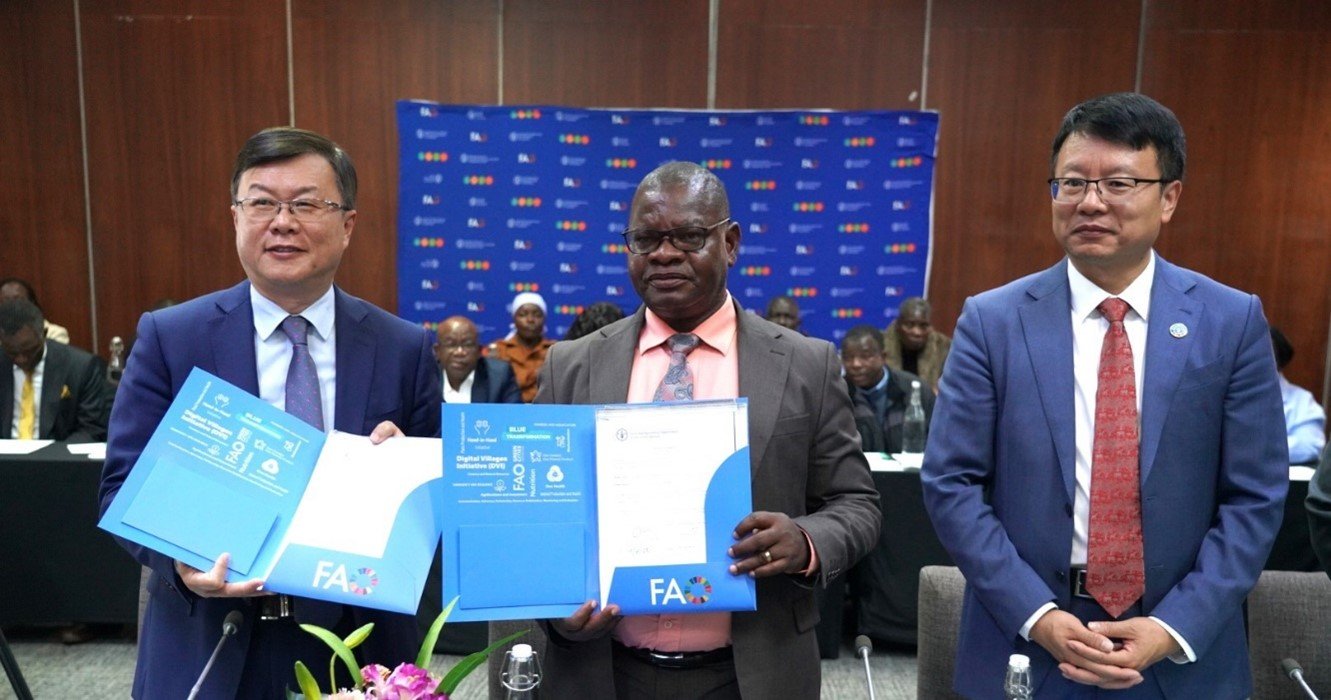Zimbabwe has officially entered the global carbon credit trading arena with the pilot launch of the Zimbabwe Carbon Markets Authority and a National Carbon Registry, marking a key step in the country’s efforts to combat climate change and unlock sustainable investments that will directly benefit local communities.
Minister of Environment, Climate and Wildlife, Evelyn Ndlovu said Zimbabwe’s carbon platform is designed to be inclusive, enabling participation from all levels of society, including local communities and project developers, while promoting job creation, sustainable livelihoods, and grassroots climate action.
“The benefits of this fit-for-purpose platform will be felt not just by governments and large corporations but by local communities and project developers across Zimbabwe.”
“This platform empowers Zimbabweans at all levels to participate in carbon offset projects, contributing to job creation, sustainable livelihoods, and community-based climate initiatives,” she said.
Under the new regulations, revenues generated from carbon credit transactions will be reinvested into local climate adaptation and mitigation projects.
Minister Ndlovu said the measures would particularly support those communities most vulnerable to climate change.
“Proceeds from carbon credit transactions will be used to reinvest in local communities, supporting climate adaptation and mitigation projects, benefiting those communities that are most vulnerable to the impacts of climate change. This is a system that will allow Zimbabweans to directly benefit from their participation in the global carbon economy,” she added.
Zimbabwe, through the newly established Zimbabwe Carbon Markets Authority and a National Carbon Registry supported by blockchain technology, has strengthened regulations to ensure that benefits are directed to the communities where projects are implemented.
“Every new project created within Zimbabwe, as it goes through its project onboarding, will have to provide evidence that 20% of all of the money that they are investing into this project is going directly to the local community. And when it goes to the local community, 10% of that 20% has to be on clean electricity,” Harib Bakhshi, Chief Executive Officer (CEO) of A6 Labs, a Dubai-based company contracted to set up the carbon registry and blockchain technology.
“The other 10% can be on anything that helps to benefit the local community. The documentation proving how that money was spent is stored in the blockchain, like every other piece of data and documentation of the platform. And it allows buyers to go and look at the project and see if the impact they made on the community is something that they want to support,” he added.
Recently, carbon offset projects have been in the media across the globe, and not in a positive way. Critics have raised concerns not only about the validity of carbon offsets but also about the costs and benefits to forest-dependent communities. The viability of carbon offsets over a 100-year timespan depends upon the integrity of the land set aside for carbon sequestration in the face of competing land uses.
Kudakwashe Manyanga, Co-Founder and CEO of the Africa Institute for Carbon Trading (AICT), emphasized the need to ensure that communities generating carbon credits, which are often marginalized and vulnerable to climate change, receive real benefits from these initiatives.
“The key concern is if carbon credits are generated from certain communities, in our experiences these communities are usually the ones that are marginalized, can we see tangible benefits that are being really realized by these communities, not just generating carbon credits but still facing challenges and vulnerabilities in terms of climate change.”
The goal is to achieve real-time investments in these communities, not just focus on carbon credit generation, to address their challenges and improve their resilience.
“We want to see through this platform real-time investments in communities from which the carbon credits are being generated,” he added.
Zimbabwe joins a growing list of countries establishing national frameworks to regulate carbon trading as part of commitments under the Paris Agreement. The new registry enables transactions under Article 6 of the agreement and aligns with international standards to ensure transparency and accountability.
“This is just the beginning, but it is a beginning that places Zimbabwe at the forefront of the fight against climate change and at the heart of the global movement towards sustainability and responsible environmental stewardship,” minister Ndlovu said.

